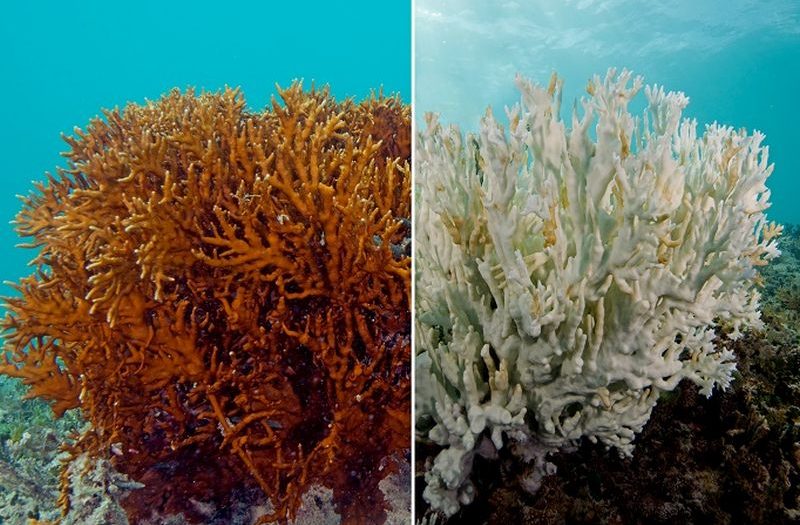I sometime confirm that we suffer from “selective” myopia and Alzheimer since while it is true that changing habits is hard, I believe we sometimes ignore on purpose what it is going to happen if we are weak in our response, as we have done so far. Perhaps we believe the environmental catastrophe is not going to reach us or that we are just overreacting, and we forget this is a real issue, and that this small place within the Universe is already 4.5 billion years old. Our planet is like an old man in pain who need a privileged care.
Each of us could do more. But institutions and influential people —with name and wealth— could do way more by fostering measures that go beyond the local to the benefit of all. However, what prevails is tardiness and selfishness. Calls to action and long-term plans abound, but they are not fully implemented, responsibilities are evaded and projects go from one year to another, from one event to another, as a simple promise, very similar to Galeano’s concept of utopia that helps walking, but actually recedes with each step, like the horizon.
Several poor countries will never be able to use their own resources to, for example, reduce the consumption of fossil fuels. From where are Third World nations going to get millions of dollars to change the vehicle fleet? We ourselves, Cuba, at this moment, do not have funds to migrate from combustion vehicles to power-driven ones, and we do not have an electro-energy system that can withstand such demand, although alternative energies, such as wind and solar energy, do seem viable in this archipelago blessed by the sun and the sea.
We do not have the necessary education to contribute to environmental health from our homes, and that is why our rivers and coasts are not crystal clear, nor are our busiest streets and green spaces pristine. We do not slow down chaos, nor stop desertification, pollution, fires, and our forested areas are visibly reduced.
So what can we do? The road map is drawn, and each government designed public policies and specific nature-friendly agendas. At COP26, in 2021, in Glasgow, Scotland, the agreement was to turn this decade into a period of action and support for the climate. The general commitment was to work together to reduce global warming to 1.5 degrees Celsius, in addition to considerably reducing greenhouse gas emissions, protecting forests and cooperating with financing vulnerable nations. But in practice, the agreement to transfer 100 billion dollars a year to underdeveloped countries was not achieved, and now at COP27 the inaction and non-compliance with the agreement is harshly criticized.
Thinking about the key principle “when there is a will, there is a way,” can we really save the planet? Do we really want it? The urgency call has been made for a long time: we need much more will and greater capacity to convene, raise people’s awareness, put an end to inertia and foster resilient attitudes because the world, as we know it, will cease to exist equally for everyone, both for the poor individual in Haiti and the wealthy man in Malibu.
 Escambray ENGLISH EDITION
Escambray ENGLISH EDITION





Escambray reserves the right to publish comments.